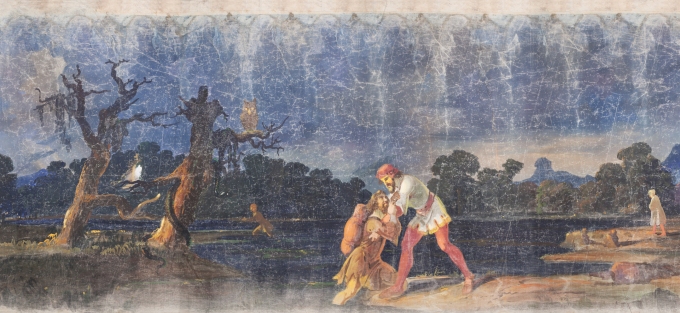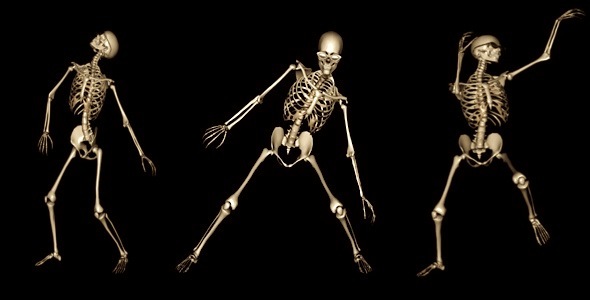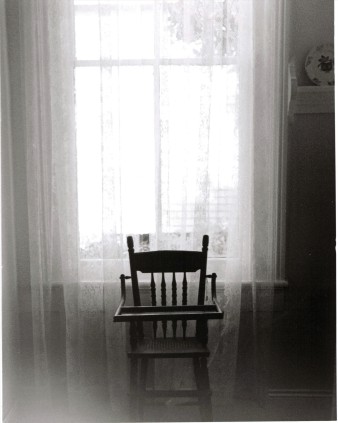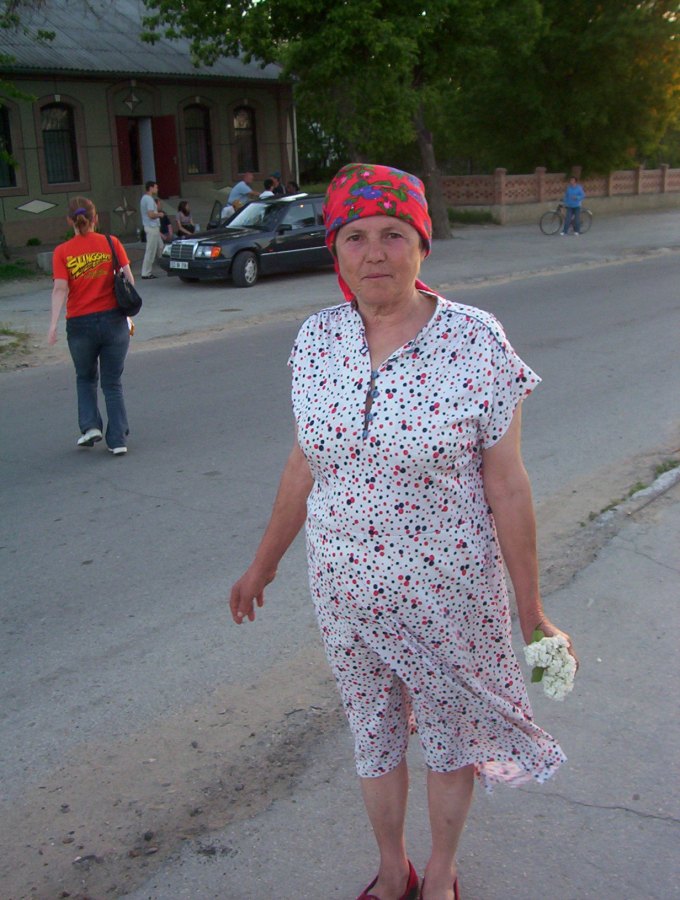Finding Your Way Through the Dark Night of the Soul
Thy saints are comforted, I know,
And love Thy house of prayer;
I therefore go where others go,
But find no comfort there.
“The Contrite Heart” William Cowper
The “Dark Night of the Soul” in concept is a unique working of God in our lives. Originating from a poem written in the 16th century , this reference has come to describe a trying of our faith marked by a period of spiritual dryness and depression. Believers divinely thrown into the dark night experience a crises of faith. This may include doubts about personal salvation, the existence of God, the divine inspiration of the Bible, the personal presence of God in the believer’s life and feelings of abandonment. It is the crises of faith which distinguishes the “Dark Night“ from normal depression. Prayers seem to return void, the word no longer seems to speak and God cannot be found anywhere or in anything. In darkest of nights sufferers may come to believe that they are “going crazy” or have “lost their faith ”. It is, however, not what the believer is doing , but what God is doing that creates this state. In essence, God denies the believer, for a time, of having a “normal” Christian walk. He hides his face and they are terrified.
Such a scenario is found in Psalm 84:1-7 where we see David denied normal temple worship a time when the temple was the very dwelling place of God on earth:
1How lovely is your dwelling place,
O Lord Almighty!
2My soul yearns, even faints,
for the courts of the Lord;
my heart and my flesh cry out
for the living God.
David goes on to describe what is very much like the “Dark Night”:
5Blessed are those whose strength is in you,
who have set their hearts on pilgrimage.
6As they pass through the Valley of Baca (Literally: Weeping),
they make it a place of springs;
the autumn rains also cover it with pools.b
7They go from strength to strength,
till each appears before God in Zion. (Psalm 84)
Here David describes the long and difficult journey believers took to experience temple worship. While some believers could directly and easily approach the temple of God others were led down a twisting path marked by “weeping”. The only way for them to make it to the dwelling place of God was to rely on God’s provision of strength. This strength waxed and waned as we see them going “from strength to strength.” It is akin to God’s provision of physical nourishment to Elijah in 1 King: 19 where Elijah is content to lay down and die. As God maintained hopeless Elijah and ultimately restored him so God is faithful to provide the strength for the weary pilgrim to “appear before him in Zion” .
Advice for Pilgrims
Men of God from various ages have both experienced the “Dark Night” and offered sound advice for those who are suffering. While God determines the duration and amount of our suffering we determine whether or not we intend to endure and glorify God in spite of our perception of his absence. If you are willing to endure then this advice will be of great benefit to you.
1. Cling to the Promises of God
God often, as it were, hides himself, and will not hear; yea, will not suffer himself to be found. When one is possessed with doubt, that though he call upon the Lord he cannot be heard, and that God has turned his heart from him, and is angry, … he must … arm himself with God’s Word, promising to hear him. As to the when and how God will hear him, this is stark naught; place, time, and person are accidental things; the substance and essence is the promise. For God does not deal, nor has he ever dealt, with man otherwise than through a Word of promise. We in turn cannot deal with God otherwise than through faith in the Word of his promise. He does not desire works, nor has he need of them; … But God has need of this: that we consider him faithful in his promises [Heb. 10:23], and patiently persist in this belief … Promise and faith must necessarily go together. For without the promise there is nothing to be believed; while without faith the promise is useless, since it is established and fulfilled through faith.
Martin Luther “Table Talk”
Thy word is a lamp unto my feet and light unto my path (Psalm 119:105).
2. Acknowledge the faith God has given you as you continue in your walk
[God] wants them [believers] to learn to walk and must therefore take away His hand; and if only the will to walk is really there, He is pleased even with their stumbles. /…/ [Satan’s] cause is never more in danger than when a human, no longer desiring, but still intending, to do our Enemy’s will, looks round upon a universe from which every trace of Him seems to have vanished, and asks why he has been forsaken, and then still obeys.” C.S. Lewis “Screwtape Letters”
While the temptation for the sufferer is to retreat from spiritual service and discard prayer and Bible reading once must endure these things regardless of how painful or difficult. Faith is evidenced in doing so as “faith is the evidence of things hoped for and the substance of things unseen“(Hebrews 11:1). This is a volitional kind of faith which endures despite no immediate results. Your pain is a vital sign proving that you are alive in Christ. Being alive in Christ means you are thus able , through his strength, to live for him. He has led you into a unique time with a unique set of demands. While it may have once glorified God for you do great spiritual service, in the dark night the act of getting out of bed and continuing your walk is just as glorifying to God. One broken “Halleluiah” uttered brings just as much praise as the many sentences you used to speak.
We live by faith , not by sight (2 Corinthians 5:7).
3. Recognize that the gift of faith and love are ever present
Never doubt in the dark, what God told you in the light.- Raymond Edman (Wheaton College) “The Disciplines of Life”
If you have ever had faith evidenced in your life then you will always have faith. “God is the author and Finisher of our Faith”(Hebrews 12:2). You can never be without life because God has given us the indwelling of the Holy Spirit and “He who has the Son has life” (1 John 5:12). How can you be abandoned by God when He (in the person of the holy Spirit) indwells you. While you may not feel loved by God and while you may not feel you have faith you are promised that you do because of he who lives in you. If you experienced God working through your life in the light, then God has given you a point of reference in the dark. If you have ever experienced the love of God then you will always experience the love of God. As the Apostle Paul writes “[Nothing] can separate us from the love of God” (Romans 8:39).
The just shall live by faith (Habakkuk 2:4).
4. Guard your heart against Bitterness
This coexistence of faith and spiritual depression is paralleled in other biblical statements of emotive conditions. We are told that it is perfectly legitimate for believers to suffer grief. Our Lord Himself was a man of sorrows and acquainted with grief. Though grief may reach to the roots of our souls, it must not result in bitterness. Grief is a legitimate emotion, at times even a virtue, but there must be no place in the soul for bitterness. In like manner, we see that it is a good thing to go to the house of mourning, but even in mourning, that low feeling must not give way to hatred. The presence of faith gives no guarantee of the absence of spiritual depression; however, the dark night of the soul always gives way to the brightness of the noonday light of the presence of God. R.C. Sproul “The Dark Night of the Soul”
Above all else, guard your heart for it is the wellspring of life (Proverbs 4:23)
Friend, your “Dark Night” will break into a new dawn. Just as the blinding sun slowly rises spreading its rays across the terrain while gradually removing the darkness so will be the return of God’s presence in your life. This will be one “Dark Night” in the breadth of an eternity of radiant days.
Weeping may endure for the night but Joy comes in the morning. (Psalm 30:5)
References
Doe, C. (2010 ) William Cowper’s Olney Hymns and Other Works. Minneapolis, MN: Curiosmith.
Edmond, R. (1942) The Disciplines of Life: Choosing Growth in Every Circumstance. Wheaton, IL: Scripture Press Foundation.
Lewis, C. S. ( 1942) The Screwtape Letters. New York, NY: Harper-Collins Publishers.
Luther, M. (2004-posthumous) Table Talk. Grand Rapids, MI: Christian Classics Ethereal Library.
Sproul, R.C. (March 2008) The Dark Night of the Soul. TableTalk. Magazine. http://www.ligonier.org/tabletalk/






 Today marks one week since an EF-3 tornado swept through my neighborhood leaving a trail of devastation in its path. I can only image that as families were gathering in their interior safe places wearing their baseball and bicycle helmets that many prayers were going out. I remember running with Hadassah my three year old daughter into the bathroom after watching the trees blowing in increasing fury outside my living room window. As I could hear what reminded me of Hurricane Ivan and its 130 mph winds I just prayed “You are a merciful God”. Within a few seconds there was a loud bang and the panicked scurrying of puppy dog feet. I had forgotten to gather Lydia. When I ran out to get her I found it was already over.
Today marks one week since an EF-3 tornado swept through my neighborhood leaving a trail of devastation in its path. I can only image that as families were gathering in their interior safe places wearing their baseball and bicycle helmets that many prayers were going out. I remember running with Hadassah my three year old daughter into the bathroom after watching the trees blowing in increasing fury outside my living room window. As I could hear what reminded me of Hurricane Ivan and its 130 mph winds I just prayed “You are a merciful God”. Within a few seconds there was a loud bang and the panicked scurrying of puppy dog feet. I had forgotten to gather Lydia. When I ran out to get her I found it was already over.

